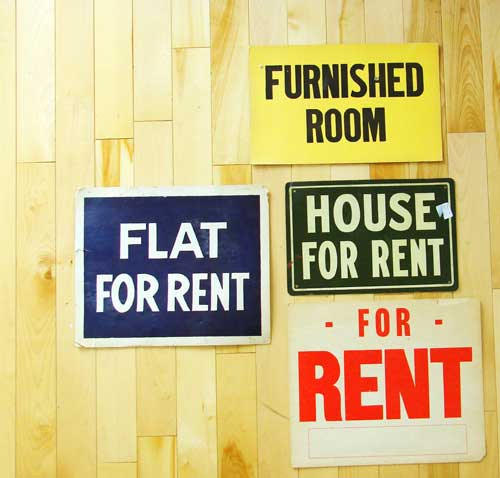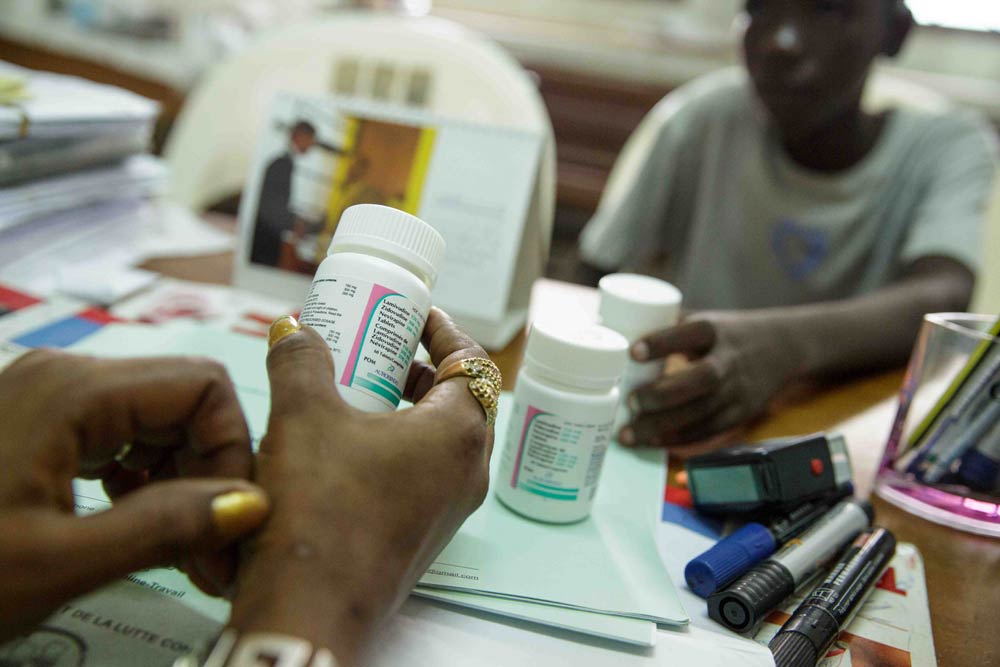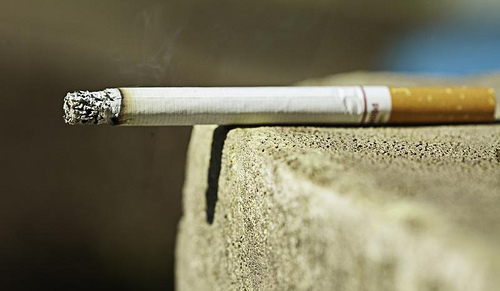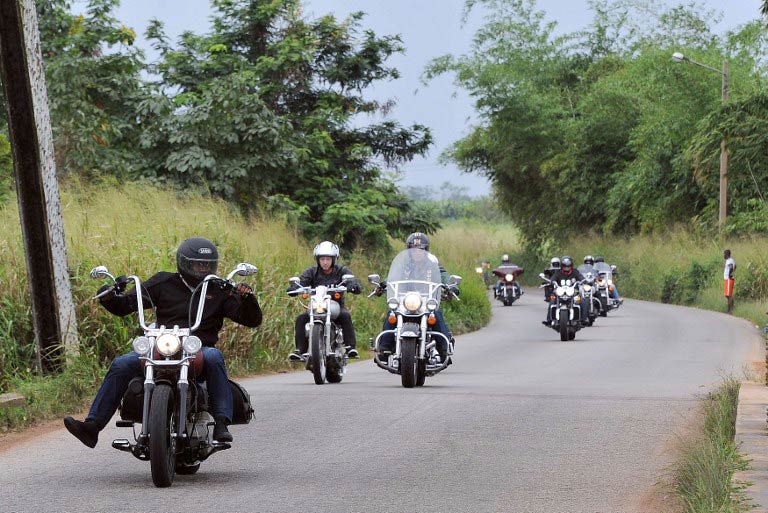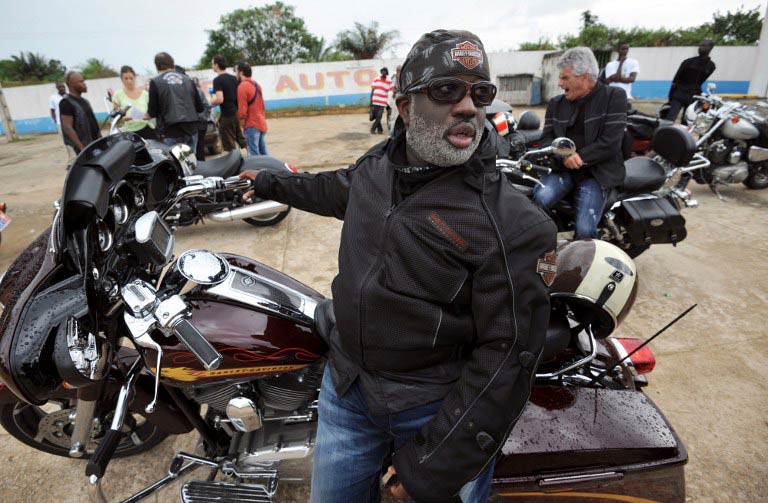Between HIV prevalence statistics, child grants, polygamy, Ben 10s, sexual violence and the annual initiation-school deaths, the medical, moral and economic panics that swirl around black bodies in South Africa are enough to power all the geysers in Gauteng for a month. Perhaps it is with this knowledge of the many panics surrounding all matters black and sexual that enterprising self-proclaimed miracle workers going by nondescript names like ‘Dr Tony from East Africa’ promise all manner of miracle cures for all kinds of sexual problems – from fixing relationship crises to penis enlargements. (For some mysterious reason, these doctors are almost always from East Africa). This social investment in matters relating to black sexuality may explain why on one Cape Town train, the only stickers gracing the walls and roofs of carriages are adverts for penis enlargements and “quick, same-day” abortions (their words). Whenever I take this train, I am uncertain what bothers me more: these doctors’ advertorial monopoly or the logic of having adverts for “quick, same-day” abortions side by side with adverts for penis enlargements.
True, I failed maths in school — which explains why all numbers have a slippery encounter with my mind — but the equation here seems too unfortunate, even for my anti-algebraic mind. I can’t decide whether it is a question of ‘to each their perils’ or an acknowledgement of some correlation between penis enlargements and women’s desperation for backstreet abortions. In this social climate, a roadside conversation about sex and its perils is bound to be tinted with all manner of ideas. But what better place than the Cape to have a random conversation about sex, with an unknown teenager, at 8:23 in the morning?
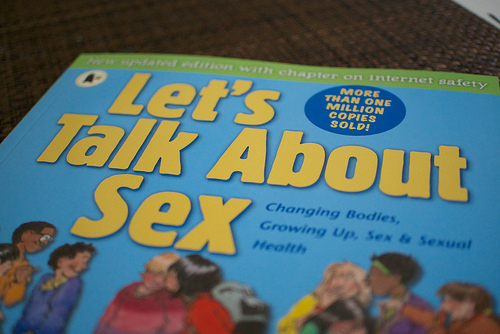
I am walking to work on a typical Cape winter’s day. Sheltered by my umbrella, I’m listening to an SAfm talk-show on serial killers. Among the panelists is an ex-convict, invited in his capacity as a former serial killer. He clarifies to the talk-show host that, eintlik, he is an ex-murderer. Not a former serial killer. He just happened to have murdered, well, several people.
I feel the presence of someone beside me. Being hyper-sensitised by the talk-show discussion, I almost jump. As I turn to my left, I hear the ultra-polite greeting, “Good morning m’aam”. I respond, as I remove my earphones, slightly puzzled at this young man, about sixteen, a few inches shorter than me, cuddled in a heavy coat, hands in his pocket.
“Ma’am, can I ask you something?”
I don’t know where this is going, and I am puzzled at the polite “Ma’am” laced with the heavy ‘coloured’ Afrikaans accent, but as we walk on, I say, “Okay?”
“Please, I am not being rude, but I want to know: is sex painful?”
Ei? But really now!?! I turn and look into his face, preparing to firmly tell him he is way too young to be trying this nonsense with me, and even for his age-mates, he will need to learn some ‘pick-up’ protocol. But as I look for words, I realise from the serious, slightly shy look on his face that he is not being cheeky. He is actually expecting a serious answer to this question; and from the shy look on his face, he has been pondering this question for a while.
“Yes, sometimes it is. Why do you ask?”
“My girlfriend says it is painful. Is it painful for men too?”
I never! It occurs to me then that I have never asked the men in my circles and life this question. The automatic assumption is that of course sex is always pleasurable for men. It is still drizzling, and my office is a block away. It quickly occurs to me that this is a Dear Sis Dolly moment; and I must respect this young man’s courage to ask this question of a complete stranger. He must have realised this conversation could go very badly. I quickly don my big-sister hat and step into this street-kerb sex-education scenario. I truthfully explain to him that sometimes it is painful for women, but I do not know if it can also be painful for men. I am a big sister/aunt. I tell him the best way around this is to always listen to his girlfriend, and never force her to have sex when she is not ready. I fumble around for polite language for explaining the importance of foreplay to women’s sexual comfort, as he listens attentively. Lastly, I tell him to always be safe and ensure he protects himself and his girlfriend, by using a condom. He giggles at this last part, and shyly tells me he knows about the importance of condoms.
“Good!” I smile back at him. “So, where are you going so early in the morning?” I ask.
To pick up something from his father, who works at our local supermarket.
As we parted ways, my heart ached for this teenager, who had to resort to a stranger on the street to explain sexual matters when he lived with his father. I found this encounter so bizarre that the first thing I did was describe it to my colleague at work because it was so odd that it felt like a hallucination. My colleague had only one question for me: Why is it that of all the people on the streets he decided to ask you?
The jury is still out on this question.
Oh, and now, thanks to my male friends, I have an answer for my young friend on whether sex is painful for men.

